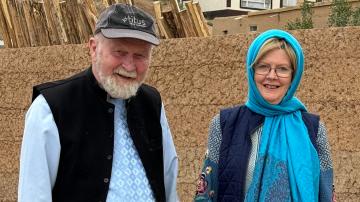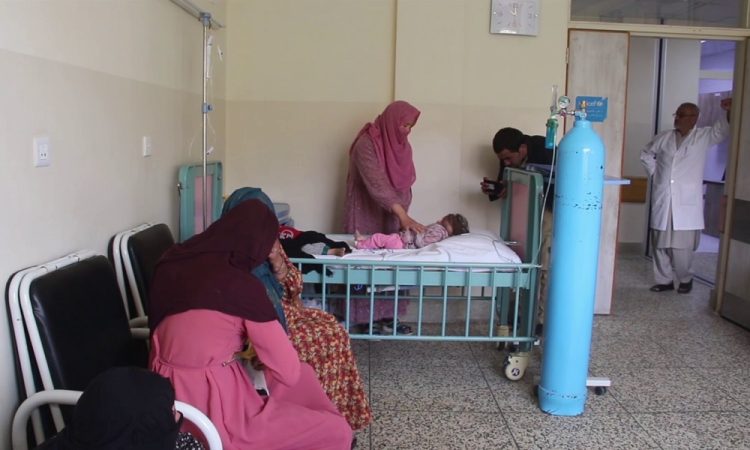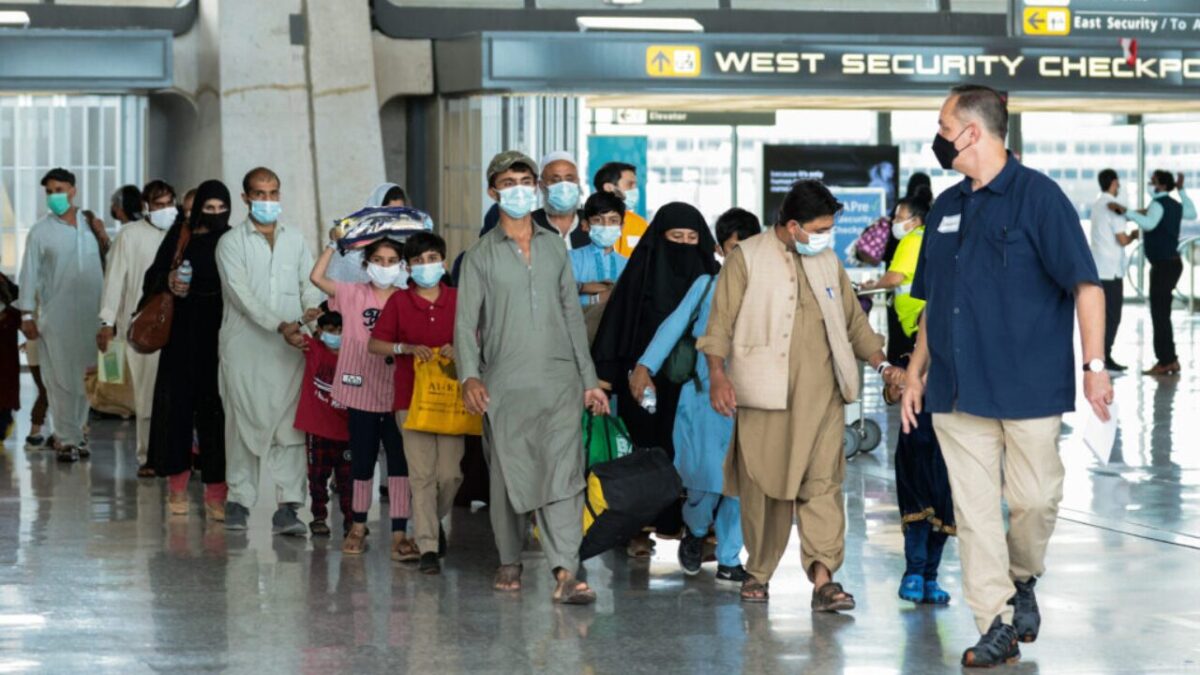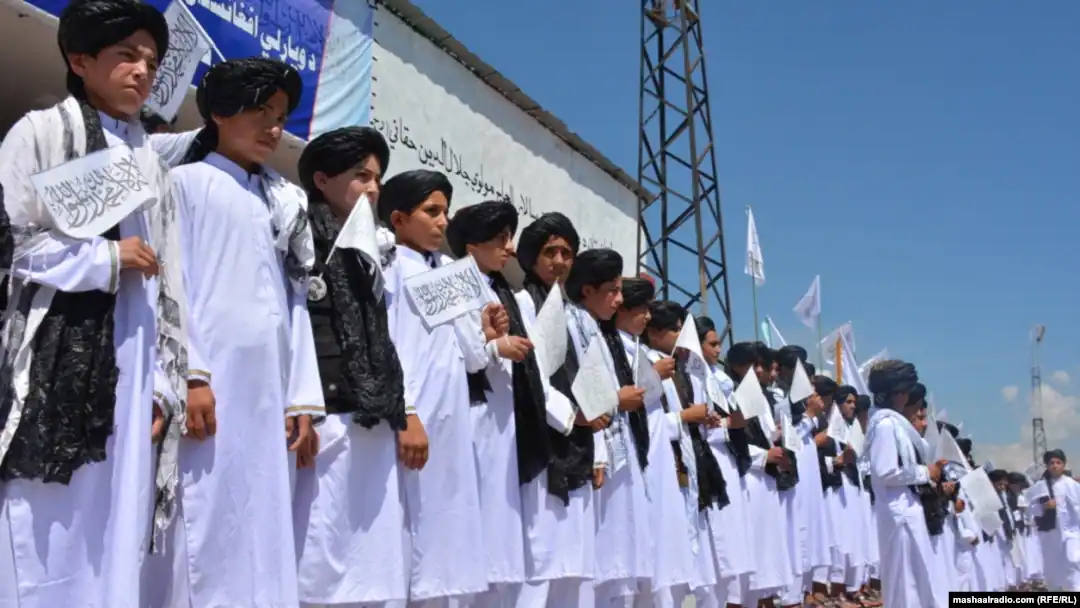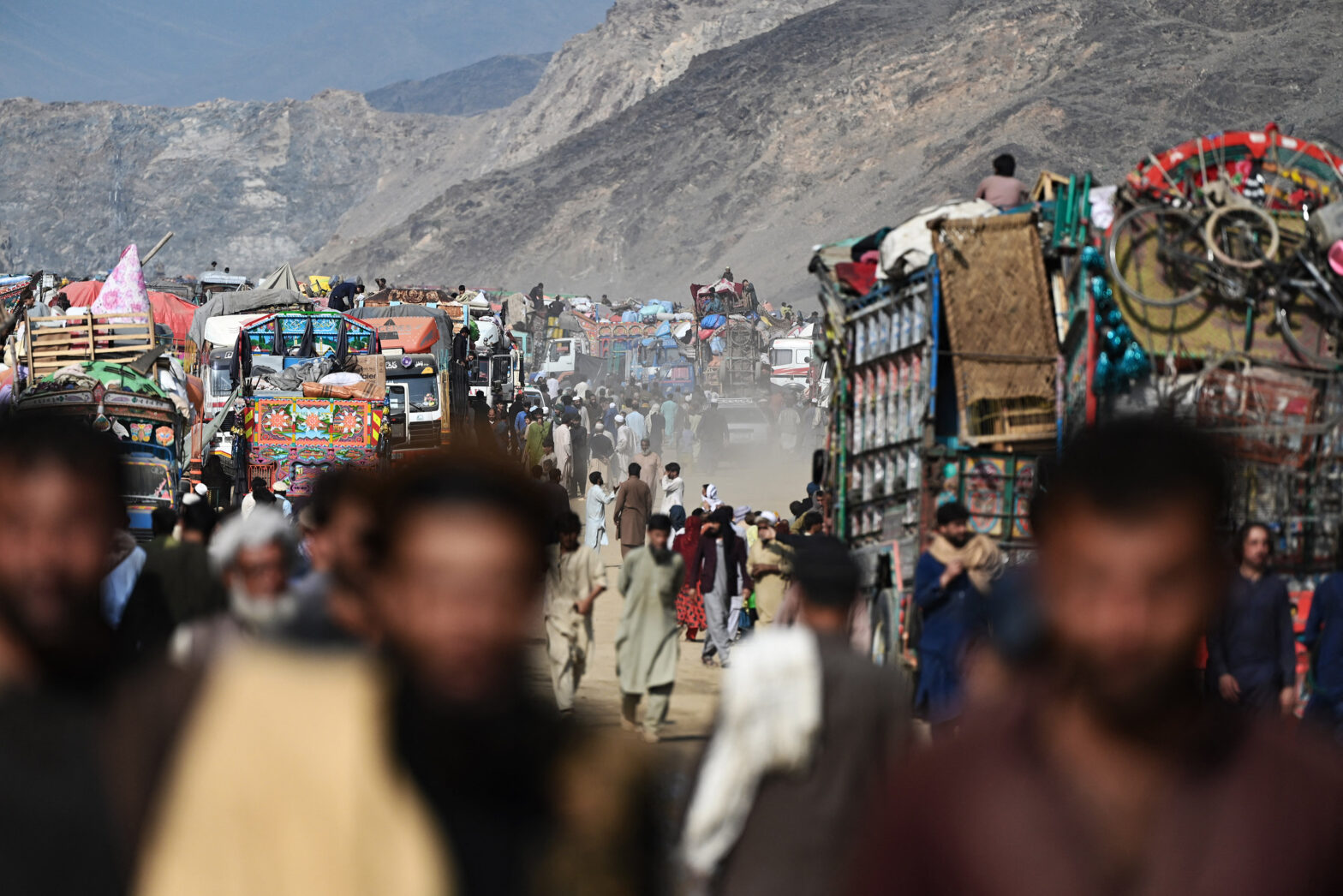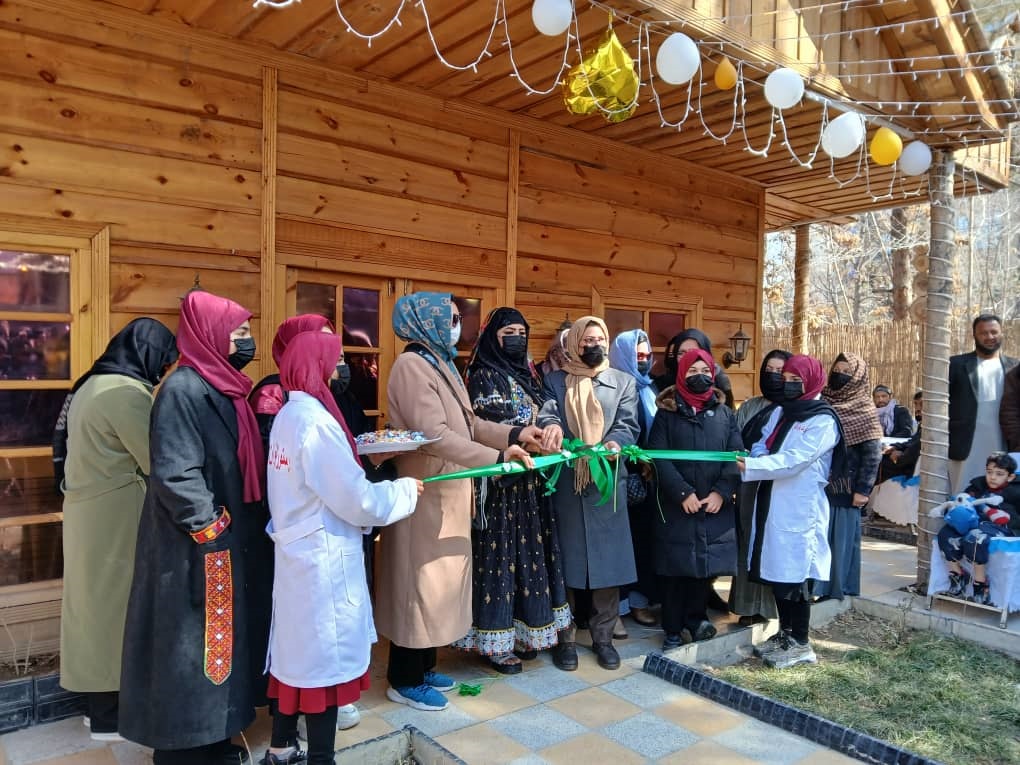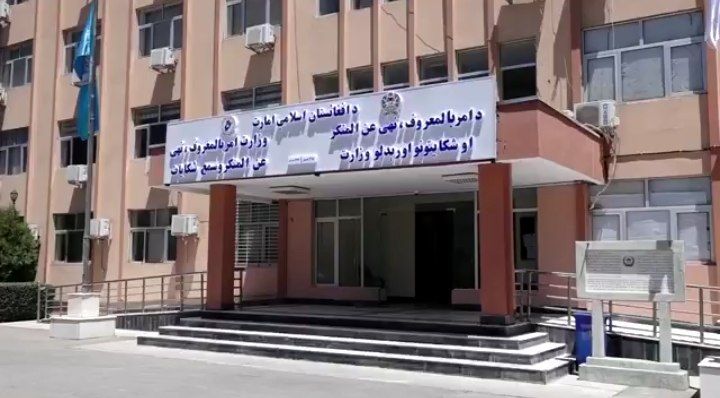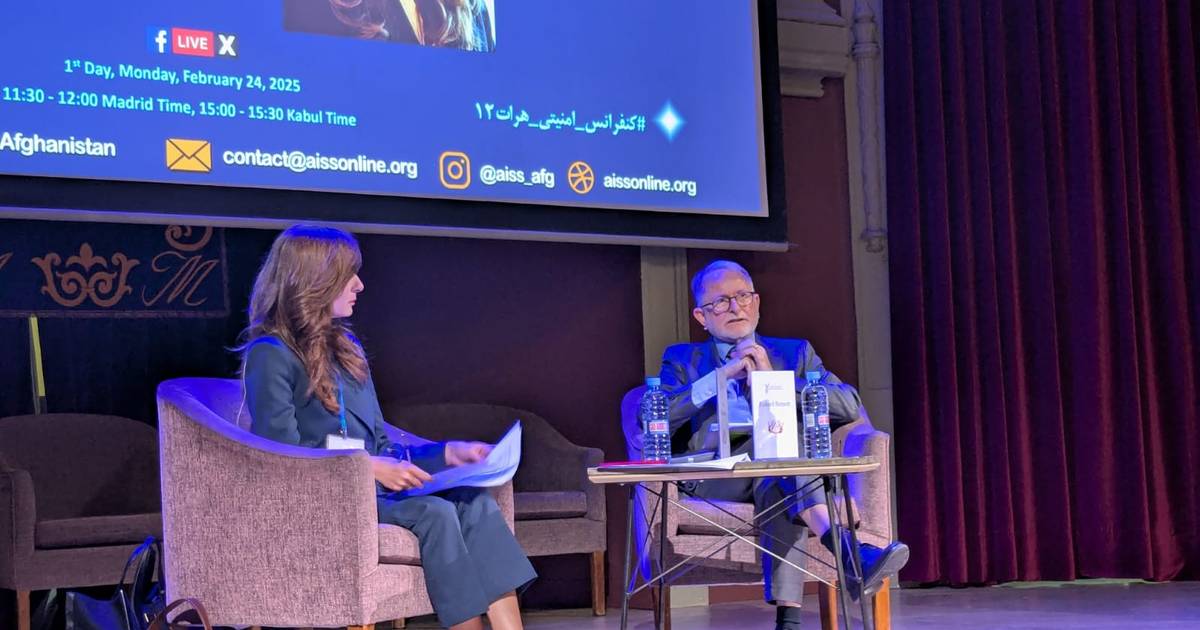
Richard Bennett, the UN Special Rapporteur on Human Rights for Afghanistan, states that the world is facing a kind of regression regarding the status of women, but the deterioration of the situation for women and girls in Afghanistan is incomparable to any other country. Mr. Bennett made these remarks at the twelfth Herat Security Dialogue conference in Madrid, emphasizing that the situation of women and girls in Afghanistan must be an inseparable part of any negotiation and peace process in the country. He also referred to the request for an arrest warrant for the leader and chief justice of the interim government, stressing that the prosecutor's request from the International Criminal Court has given hope to Afghan women and girls. He added that the prosecutor's request has inspired women and girls, who are most affected by restrictions, to continue their fight for their rights. The UN Special Rapporteur on Human Rights for Afghanistan stated: "For years, it has been said that words and condemnation are not enough; action must be taken against restrictions. He mentioned that the request for the arrest of current government leaders is finally a practical step in this direction." Richard Bennett indicated that if an arrest warrant is issued for the leader and chief justice of the interim government, it would complicate the relationship between countries worldwide and the recognition of this group, sending a message that this group is still far from being recognized. Mr. Bennett asserted that the world must hold human rights violators accountable. He stated that this accountability should not only cover the past four years but also include human rights violations over the past four decades in Afghanistan. He noted that countless human rights violations have occurred in Afghanistan over the last forty years, yet no one has been held accountable for these incidents. It is worth mentioning that the twelfth round of the Herat Security Dialogue, held annually by the Afghanistan Institute for Strategic Studies, commenced on (Monday, February 25) in Madrid, Spain. At this conference, a group of experts, former Afghan government officials, human rights activists, and politicians have gathered to discuss the security outlook for Afghanistan and the future of the country. Additionally, some diplomats from the United States and politicians from regional countries are present at the Herat Security Dialogue.

